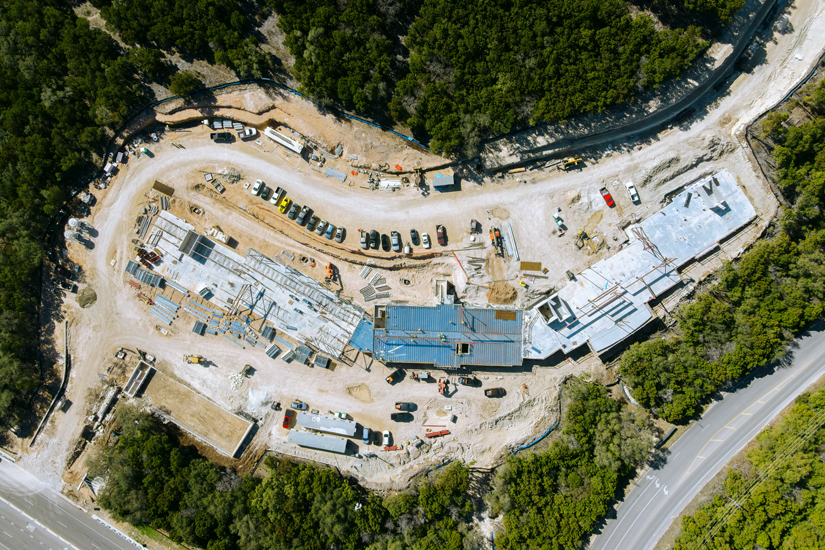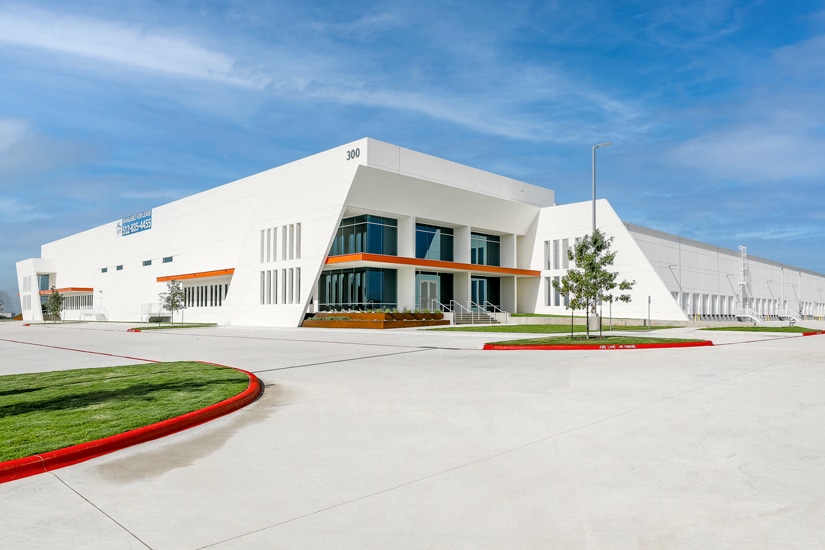|
Getting your Trinity Audio player ready...
|
Runi Duvall has a childhood memory of cutting duct tape for the first time. She noticed that the material was harder to tear than regular Scotch Tape, so she took a closer look. “I saw the weaving of the fibers,” she recalls. “I didn’t know it at the time, but I was learning about reinforcement.”
Duvall carried that early lesson into an expectations-defying career in construction. Now, as development director at Texan commercial real estate firm HPI Real Estate Services & Investments, she creates spaces at the intersection of function, design, and community.

The youngest of three daughters in an education-centric household, Duvall obtained a bachelor’s degree in civil engineering and a master’s in construction engineering and project management from the University of Texas at Austin. To this day, she draws inspiration from her parents’ story of immigrating to the United States from rural Sri Lanka to pursue their own advanced degrees—a journey made possible by her father’s advisor-to-be, who paid the airfare.
This act of kindness toward her parents reminds Duvall to remain generous in spirit and in action. Indeed, a desire to give back has underlaid her career, from her role at orthotic and prosthetic care provider Hanger Clinic (then Hanger Prosthetics and Orthotics) onward.
During her six years at Hanger, Duvall’s work managing buildouts across the company’s network of 800-plus facilities nationwide hit particularly close to home. Her mother had become wheelchair-bound due to complications of lupus, an autoimmune disease. Duvall wanted to construct prosthetic and orthotic care clinics as comfortable and easy to access for patients like her mother as they are for non-patients.

Duvall’s passion for thoughtful design and project management made her an ideal candidate for HPI, where she has worked since connecting with the company five years ago. “The culture stood out to me. I liked how down-to-earth everyone was and how the company was professional without feeling corporate,” Duvall says of interviewing at HPI.
Joining the close-knit company gave Duvall the chance to provide owner’s representative services for long-term projects from start to finish. To date, her contributions to HPI’s Domain Tower project stand out in terms of scope: the building—fully leased to job search company Indeed—is a 310,000-square-foot, 11-story office tower in a mixed-use development in northern Austin.
Beyond its impressive statistics, Domain Tower obtained LEED Silver certification from the US Green Building Council. Duvall herself serves as a USGBC regional councilmember as part of her personal commitment to sustainability. “Any chance that I get in a design to make a like-for-like substitution that’s better for the planet, I do it,” she says.

At present, Duvall is managing the development of the Reserve by Solera Senior Living, HPI’s first luxury senior living project. When finished, the Reserve will house seniors in 120 high-end apartment units split between assisted living and memory care spaces.
When it comes to the facility’s interior design, Duvall is marrying accessible design with comfort and style. “We want the residents to feel proud of their home, so I agonize over every single detail,” she says, detailing a list of features from faucets to lighting to toilet paper holders over which she has deliberated.
Naturally, the Reserve’s design revolves around its future residents. The development director is constantly thinking about the best ways to keep the building accessible and user-friendly without pushing it into institutional territory; she wants the space to feel welcoming to residents and their loved ones.
A hands-on leader, Duvall fosters a sense of community among her team members as well. “When we have problems on a project, I’m right there with the design professionals and contractors, trying to figure out solutions,” she elaborates. She also prioritizes communication to address issues efficiently and keep projects on track.
In addition, her leadership role requires Duvall to advocate for her team. Although her appearance as a petite woman of color may at first come as a surprise to colleagues in construction, she has found herself more than capable of holding her own in the male-dominated profession.

Still, Duvall hopes that the industry will continue to diversify. She does her part by volunteering at local after-school programs that focus on STEM fields. “When I show students a time-lapse video of one of my projects or a ground-breaking photo with me in it, I get to watch them redefine what a construction professional can look like,” she says.
Duvall has shared similar moments with her two young children. The fact that her kids view women in construction leadership as the norm motivates her to push for greater efforts toward inclusion.
Thinking back to her own childhood, Duvall draws a parallel to the duct tape that sparked her initial interest in construction. “Organizations can benefit from a diversity of thought and experience as a type of reinforcement,” she says. “We’re stronger for our crisscross pattern.”


